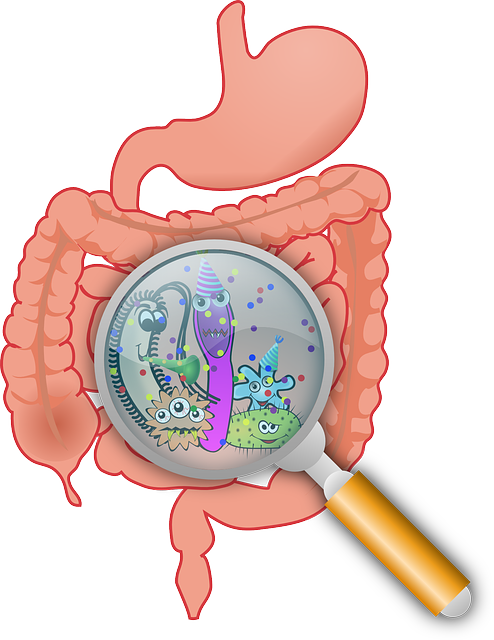
Diabetes, the broad term for a handful of diseases that prevent the body from properly regulating blood sugar levels, was first documented over 3,500 years ago in ancient Egypt—yet experts still aren’t sure exactly how it develops, although scientists are almost certain that there’s no single trigger. Indeed, two primary forms of the condition are already known: types 1 and 2. Type 1 diabetes, which tends to have a more sudden onset, has proven particularly enigmatic, as people can develop the condition at different ages, and unlike type 2, it seems to be more closely linked to genetic and other predispositions than to diet and lifestyle.
Now, research published July 25 in PNAS may have revealed a key piece of the puzzle. The presence of the bacterium Parabacteroides distasonis in the gut microbiome causes type 1 diabetes in a mouse model and seems to predict the onset of the disease in humans. This is likely because the microbe produces a peptide similar enough to part of an insulin molecule that it can lead to the production of insulin-targeted antibodies, priming the immune system to launch an attack against insulin and the cells that produce it. Thus, the researchers have identified a microbial culprit for doctors to examine as they look for new ways to screen for and perhaps eventually prevent the disease.
Stanley Hazen, a Cleveland Clinic researcher who studies how the gut microbiome influences various diseases, applauds the study’s authors for going beyond merely identifying an association between a gut microbe and disease and actually probing the underlying mechanisms—adding that the common failure to do so makes many similar studies “junk.”
Read more...







